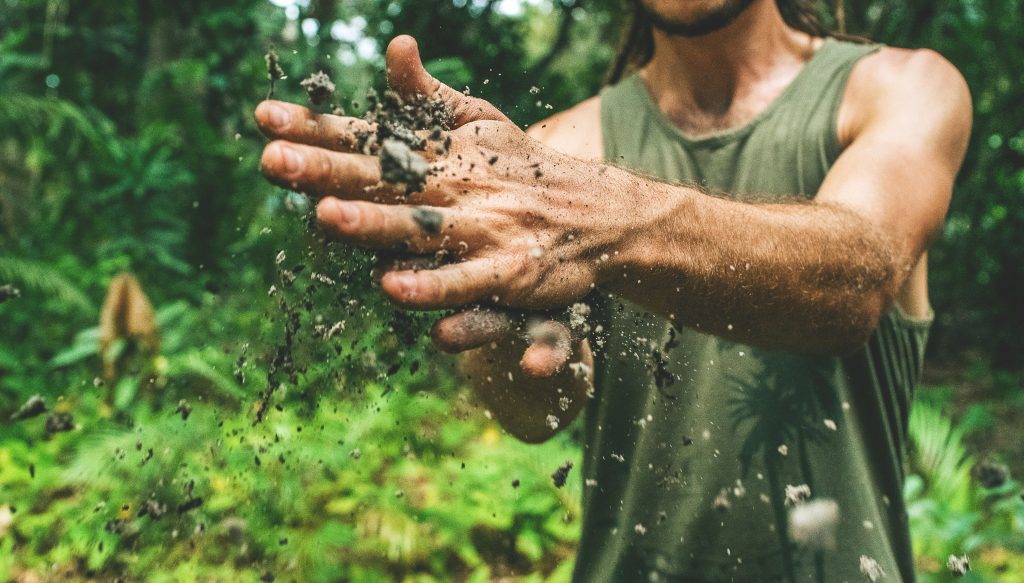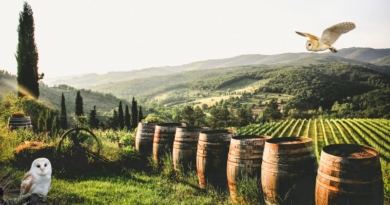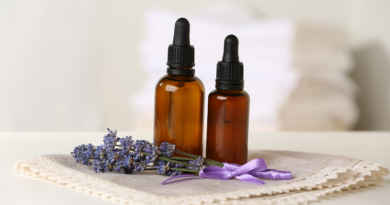There’s a living bacteria in the dirt that actually make us more happy and less anxious
(Educate Inspire Change | Michelle Estevez) Kids play in it, dogs roll around in it, and gardeners spend hours tending to it. There’s a sophisticated simplicity that defines the essence of dirt.
Dirt can actually make us more happy and less anxious
It connects us to our roots and grounds us to our center. Like a breath of fresh air, the smell of dirt revives and returns us to the zest of life. The science behind it is just as astounding. Studies suggest the possibility of dirt raising serotonin levels as well as being an antidepressant.
Getting down to the nitty-gritty, a strain of bacterium, Mycobacterium vaccae is the dirty little secret behind the conclusion. It has been found to decrease anxiety and improve cognitive function.
Discovery by accident
This was discovered by accident. Mary O’Brien, an oncologist at Royal Marsden Hospital in London, used this M. vaccae on lung cancer patients in an attempt to relieve symptoms. However, she also noticed an increase in perkiness, happiness, and overall mood. They also experienced less nausea and pain.
Christopher Lowry, a neuroscientist at the University of Bristol in England, was intrigued by O’Brien’s findings and began researching this method some more. In a study, he injected mice with M. vaccae and noticed an increase in cytokine levels which ultimately produce serotonin. Lowry explains the bacterium “had the exact same effect as antidepressant drugs.”
In a separate observation, Dorothy Matthews and Susan Jenkins, at The Sage Colleges in New York, fed mice little peanut butter sandwiches mixed with dirt. Yum. Not only did the mice enjoy these, but they also showed clearer thinking when navigating the maze. Anxiety levels decreased and the effects lasted for up to three weeks.
Go outdoors and experience the benefits
“From our study, we can say that it is definitely good to be outdoors–it’s good to have contact with these organisms. It is interesting to speculate that creating learning environments in schools that include time in the outdoors where M. vaccae is present may decrease anxiety and improve the ability to learn new tasks,” Matthews shares.
The best part about this is that you don’t have to go far to experience the benefits. Just step outside and roll around in healing bacteria-filled dirt.
Source: Educate Inspire Change
You may also like:
Hit the dirt: An ultra-clean house may be bad for your child
One more benefit of nature: It makes you like your body better





